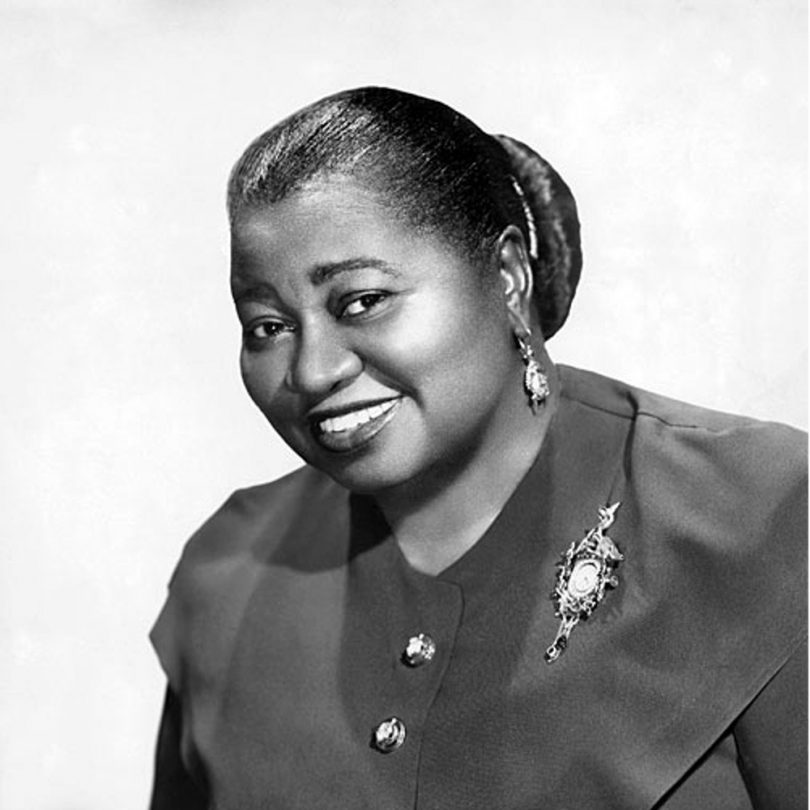By Stacy M. Brown
NNPA Senior National
Correspondent
Howard University plans to host a “Hattie’s Come Home” ceremony at its Ira Aldridge Theater in Washington, D.C., on October 1, to honor a longtime wish of classic film star Hattie McDaniel, who, before her passing in 1952, expressed her desire for her Oscar to find a home at Howard University, a revered institution known for nurturing artistic talent within the Black community.
“When I was a student in the College of Fine Arts at Howard University, in what was then called the Department of Drama, I would often sit and gaze in wonder at the Academy Award that had been presented to Ms. Hattie McDaniel, which she had gifted to the College of Fine Arts,” said Phylicia Rashad, dean of the Boseman College of Fine Arts.
“I am overjoyed that this Academy Award is returning to what is now the Chadwick A. Boseman College of Fine Arts at Howard University. This immense piece of history will be back in the College of Fine Arts for our students to draw inspiration from. Ms. Hattie is coming home!”

In 1940, McDaniel achieved a historic milestone as the first Black person to be nominated for and win a competitive Academy Award. Her remarkable performance as “Mammy” in the acclaimed film “Gone with the Wind” marked a significant moment in cinematic history and held profound cultural significance for the Black community.
At the 12th Academy Awards, held in the segregated Cocoanut Grove at the Ambassador Hotel, McDaniel and her guests were segregated from the film’s other nominees. Despite this, her victory stood as a testament to Black artists’ undeniable talent and perseverance in an industry marred by systemic racism.
McDaniel’s groundbreaking achievement was, however, met with a mixed reception. While her win was a triumph for Black actors, it also ignited controversy. McDaniel’s portrayal of “Mammy” in the film was critiqued for perpetuating stereotypes. In response, McDaniel boldly stated, “I’d rather play a maid than be a maid.”
Her words encapsulated her commitment to her craft and her determination to navigate an industry that offered limited opportunities for Black performers, often typecasting them into roles that did not reflect the full scope of their abilities.
The significance of McDaniel’s win endures, as it paved the way for future generations of Black actors and filmmakers. It’s also underscores the importance and excitement surrounding The Academy of Motion Picture Arts and Sciences and the Academy Museum announcement that they will gift a replacement of McDaniel’s 1939 Best Supporting Actress Academy Award to the Howard University Chadwick A. Boseman College of Fine Arts.




